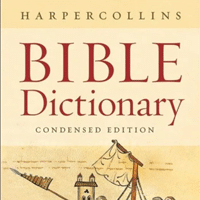Broadly speaking, any poetical composition in honor of God or suitable for use in a liturgical setting, i.e., in worship. With this understanding, many of the psalms in the OT fall into the category of “hymn,” but there are passages incorporated into other OT writings that can also be understood as hymns. These include, e.g., the Song of Moses (Exod 15:1-18), the Song of Miriam (Exod 15:21), and the Song of Hannah (1Sam 2:1-10). The early Christian church incorporated hymns in its liturgies (see, e.g., Acts 16:25), perhaps following the example of Jesus and the disciples at the Last Supper (Matt 26:30; Mark 14:26). Some of the best-known poetical compositions in the Gospels are found in Luke: the Benedictus (Luke 1:68-79), the Magnificat (Luke 1:46-55), the Gloria (Luke 2:10-14), and the Nunc Dimittis (Luke 2:29-32). Some scholars affirm that there are short compositions or perhaps fragments from early Christian hymnody embodied in (John 1:1-18; Eph 5:14; Phil 2:6-11; Col 1:15-20; 1Tim 1:17; 1Tim 3:16; 1Tim 6:16; 2Tim 4:18; Rev 4:11; Rev 5:9-10; Rev 11:17-18; and Rev 15:3-4).




